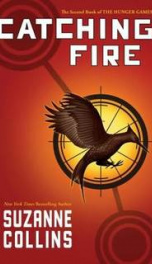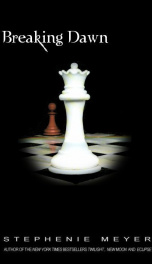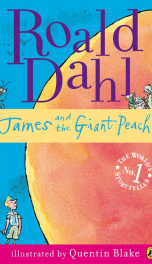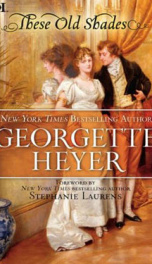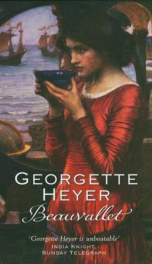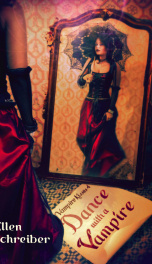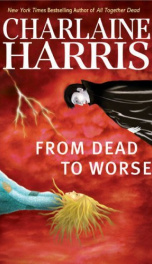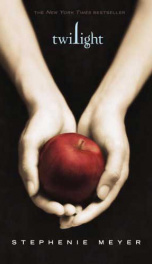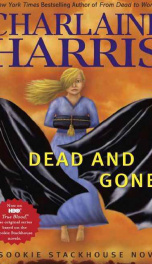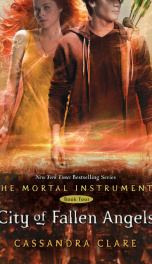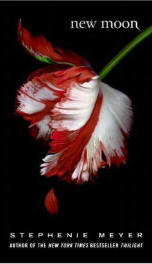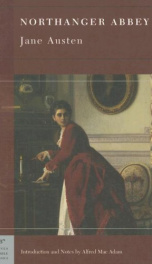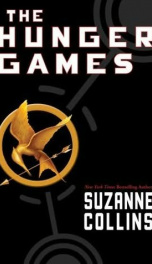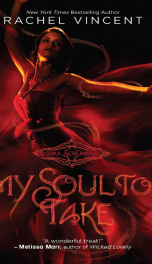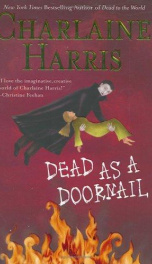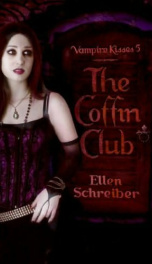Evans Charles Seddon
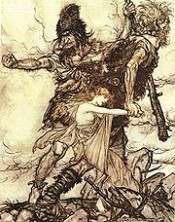
Arthur Rackham (19 September 1867 – 6 September 1939) was an English book illustrator. Rackham was born in London as one of 12 children. At the age of 18, he worked as a clerk at the Westminster Fire Office and began studying part-time at the Lambeth School of Art. In 1892 he quit his job and started working for The Westminster Budget as a reporter and illustrator. His first book illustrations were published in 1893 in To the Other Side by Thomas Rhodes, but his first serious commission was in 1894 for The Dolly Dialogues, the collected sketches of Anthony Hope, who later went on to write The Prisoner of Zenda. Book illustrating then became Rackham's career for the rest of his life. In 1903 he married Edyth Starkie, with whom he had one daughter, Barbara, in 1908. Rackham won a gold medal at the Milan International Exhibition in 1906 and another one at the Barcelona International Exposition in 1912. His works were included in numerous exhibitions, including one at the Louvre in Paris in 1914. Arthur Rackham died 1939 of cancer in his home in Limpsfield, Surrey. Typically, Rackham contributed both colour and monotone illustrations towards the works incorporating his images - and in the case of Hawthorne's Wonder Book, he also provided a number of part-coloured block images similar in style to Meiji era Japanese woodblocks. In one of the featurettes on the DVD of Pan's Labyrinth, and in the commentary track for Hellboy, director Guillermo Del Toro cites Rackham as an influence on the design of "The Faun" of Pan's Labyrinth. He liked the dark tone of Rackham's gritty realistic drawings and had decided to incorporate this into the film. In Hellboy, the design of the tree growing out of the altar in the ruined abbey off the coast of Scotland where Hellboy was brought over, is actually referred to as a "Rackham tree" by the director. "How at the Castle of Corbin a Maiden Bare in the Sangreal and Foretold the Achievements of Galahad", from The Romance of King Arthur and His Knights of the Round Table, by Alfred W. Pollard, 1917 "The giant Galligantua and the wicked old magician transform the duke's daughter into a white hind", Illustration to English Fairy Tales, by Flora Annie Steel "The giant Cormoran was the terror of all the country-side.", Illustration to English Fairy Tales, by Flora Annie Steel "The Three Bears", Illustration to English Fairy Tales, by Flora Annie Steel "Siegfried awakens Brünnhilde" Illustration to Richard Wagner's "The Ring" "Norns weaving destiny" Illustration to Richard Wagner's "The Ring" "Brünnhilde is visited by her Valkyrie sister Waltraute" Illustration to Richard Wagner's "The Ring" "Alberich speaking to Hagen" Illustration to Richard Wagner's "The Ring" "Rhine maidens warn Siegfried" Illustration to Richard Wagner's "The Ring" Siegfried kills Fafner Illustration to Richard Wagner's "The Ring" "The Rhinemaidens try to reclaim their gold" Illustration to Richard Wagner's "The Ring" "The Twa Corbies", Illustration to Some British Ballads David, Illustration to Peter Pan in Kensington Gardens Young Beichan in prison.
do you like this author?
What readers are saying
What do you think? Write your own comment on this book!
write a commentWhat readers are saying
What do you think? Write your own comment on this author!
write a commentBook list

The Sleeping Beauty
Series:
Unknown
Year:
Unknown
Raiting:
5/5
Charles Seddon Evans (1883-1944) wrote his version of The Sleeping Beauty together with Cinderella, both illustrated by Arthur Rackham. The fairy-tale first was issued in 1729, when Robert Samber translated Charles Perrault\'s fairy tale La Belle au bois dormant. C.S. Evans has developed Perrault\'s story but followed the later version by the Brothers Grimm in giving his heroine the name of Briar-Rose and ending with her awakening and betrothal, skipping the evil mother-in-law who orders her grandchildren to be cooked for supper. So C.S. Evens tells the story in the fullest detail, giving the romantic version. The story starts with the princess\'s parents and the frog; it depicts the work of the servants and what goes in the castle, the 12 good fairies and curse. The advice of the wizards, the destruction of the wheels, the princess growing up, and the demise of the curse\'s reign. Of course, there are some princes that try to break the curse, but only one makes it through!
Show more
add to favoritesadd In favorites
Book list

The Sleeping Beauty
Series:
Unknown
Year:
Unknown
Raiting:
5/5
Charles Seddon Evans (1883-1944) wrote his version of The Sleeping Beauty together with Cinderella, both illustrated by Arthur Rackham. The fairy-tale first was issued in 1729, when Robert Samber translated Charles Perrault\'s fairy tale La Belle au bois dormant. C.S. Evans has developed Perrault\'s story but followed the later version by the Brothers Grimm in giving his heroine the name of Briar-Rose and ending with her awakening and betrothal, skipping the evil mother-in-law who orders her grandchildren to be cooked for supper. So C.S. Evens tells the story in the fullest detail, giving the romantic version. The story starts with the princess\'s parents and the frog; it depicts the work of the servants and what goes in the castle, the 12 good fairies and curse. The advice of the wizards, the destruction of the wheels, the princess growing up, and the demise of the curse\'s reign. Of course, there are some princes that try to break the curse, but only one makes it through!
Show more
add to favoritesadd In favorites
What readers are saying
What do you think? Write your own comment on this author!
write a commentif you like Evans Charles Seddon try:
readers also enjoyed
What readers are saying
What do you think? Write your own comment on this author!
write a commentif you like Evans Charles Seddon try:
readers also enjoyed
Do you want to exchange books? It’s EASY!
Get registered and find other users who want to give their favourite books to good hands!

